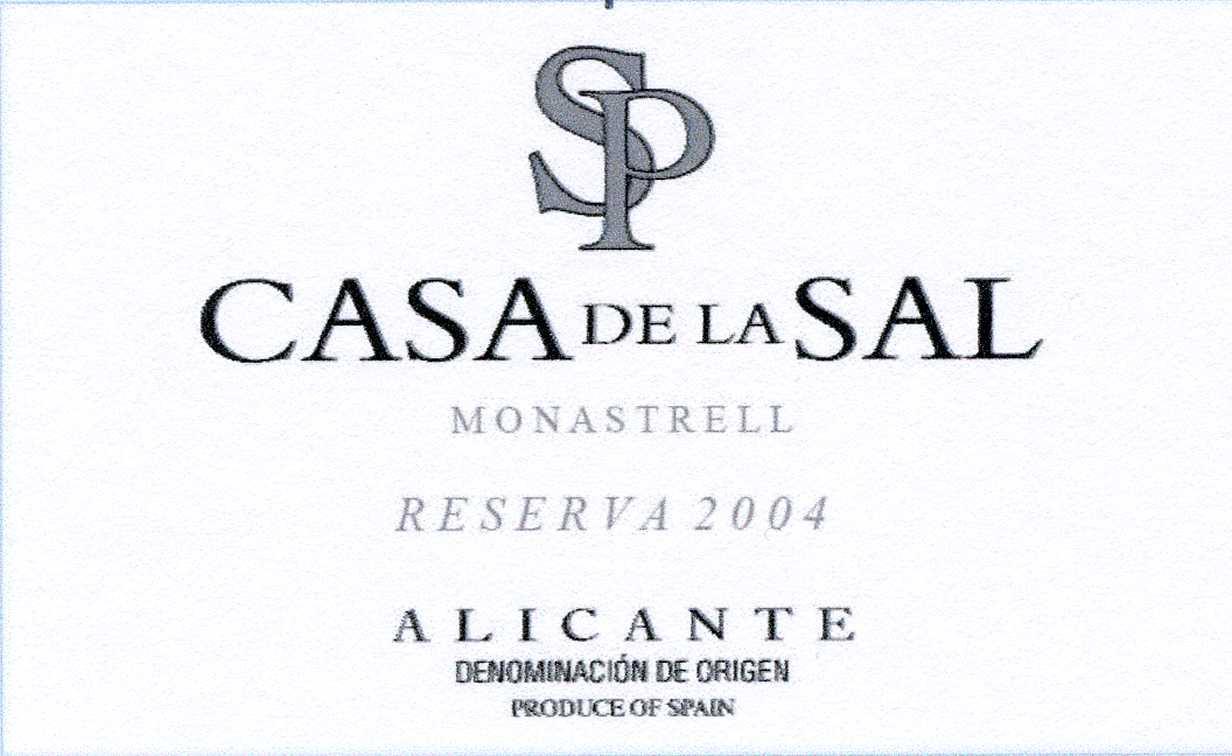2004 Alicante Monastrell
Casa de la Sal, from the esteemed Alicante region, showcases the expressive nature of the Monastrell varietal in its striking 2004 vintage. This red wine is full-bodied, offering a captivating depth that envelops the palate. The acidity is vibrant, enhancing the overall balance and giving it a lovely freshness that invites another sip. Rich, dark fruit flavors dominate the profile, presenting a prominent intensity that is both alluring and satisfying. The tannins are firm and structured, providing a solid backbone that supports its lush fruit character while suggesting an age-worthy potential. Enjoying this wine, one finds it perfectly dry, making it an excellent choice for a variety of pairings, from hearty, savory dishes to grilled meats. Casa de la Sal is a true reflection of its terroir, presenting a delightful experience for wine enthusiasts.
Casa de la Sal, from the esteemed Alicante region, showcases the expressive nature of the Monastrell varietal in its striking 2004 vintage. This red wine is full-bodied, offering a captivating depth that envelops the palate. The acidity is vibrant, enhancing the overall balance and giving it a lovely freshness that invites another sip. Rich, dark fruit flavors dominate the profile, presenting a prominent intensity that is both alluring and satisfying. The tannins are firm and structured, providing a solid backbone that supports its lush fruit character while suggesting an age-worthy potential. Enjoying this wine, one finds it perfectly dry, making it an excellent choice for a variety of pairings, from hearty, savory dishes to grilled meats. Casa de la Sal is a true reflection of its terroir, presenting a delightful experience for wine enthusiasts.




